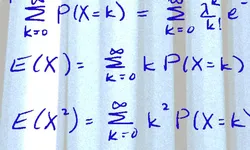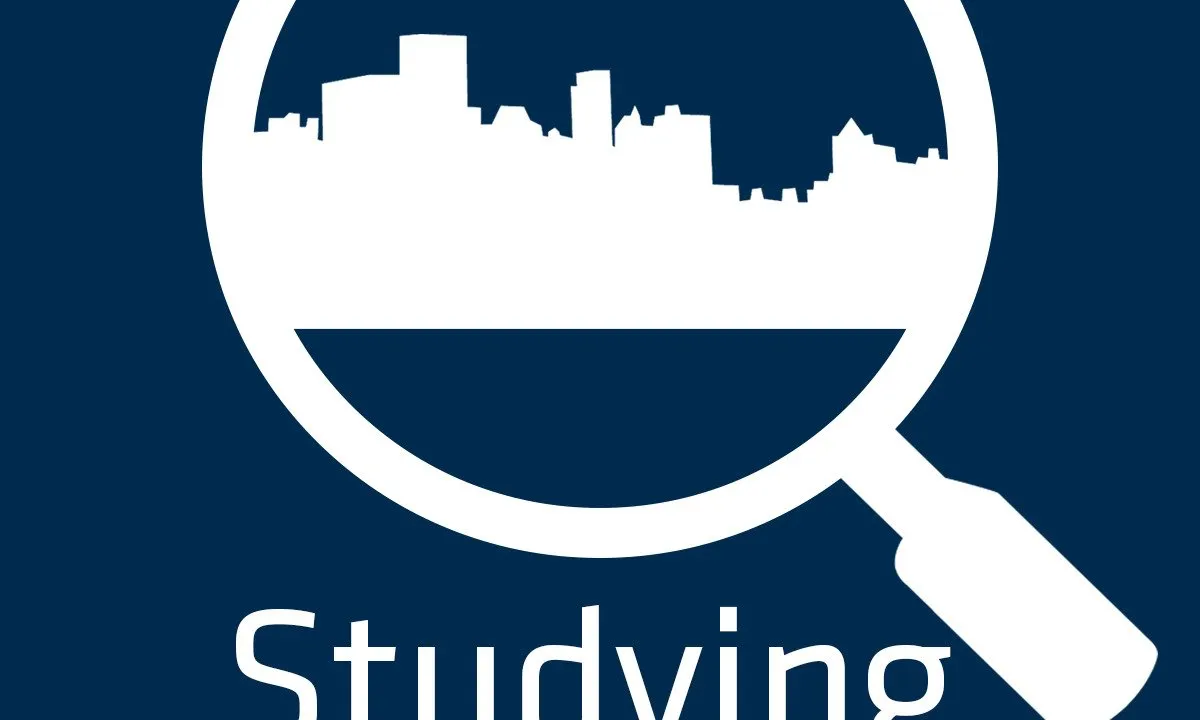
ANOVA and Experimental Design 
This course introduces students to the analysis of variance (ANOVA) and experimental design. Students will learn about linear regression models, randomization, blocking, factorial design, and causality. The course is part of the Master of Science in Data Science (MS-DS) degree offered on the Coursera platform. This interdisciplinary degree is ideal for individuals with a broad range of undergraduate education and/or professional experience in computer science, information science, mathematics, and statistics. ▼
ADVERTISEMENT
Course Feature
![]() Cost:
Cost:
Free
![]() Provider:
Provider:
Coursera
![]() Certificate:
Certificate:
Paid Certification
![]() Language:
Language:
English
![]() Start Date:
Start Date:
29th May, 2023
Course Overview
❗The content presented here is sourced directly from Coursera platform. For comprehensive course details, including enrollment information, simply click on the 'Go to class' link on our website.
Updated in [May 25th, 2023]
What skills and knowledge will you acquire during this course?
By taking this course, students will acquire knowledge and skills related to the analysis of variance (ANOVA), analysis of covariance (ANCOVA), and experimental design. They will learn important design-related concepts such as randomization, blocking, factorial design, and causality. Additionally, they will gain an understanding of ethical issues raised in experimentation.
How does this course contribute to professional growth?
This course in ANOVA and Experimental Design provides students with the mathematical basis for designing experiments for data science applications. It covers important design-related concepts such as randomization, blocking, factorial design, and causality, as well as ethical issues raised in experimentation. By taking this course, students can gain the knowledge and skills necessary to design experiments for data science applications, which can contribute to their professional growth. Additionally, the MS-DS degree program offered on the Coursera platform provides students with an interdisciplinary education in computer science, information science, mathematics, and statistics, which can further enhance their professional growth.
Is this course suitable for preparing further education?
The course ANOVA and Experimental Design is suitable for preparing further education, as it provides students with the mathematical basis for designing experiments for data science applications. The course also covers important design-related concepts, such as randomization, blocking, factorial design, and causality, as well as ethical issues raised in experimentation. Furthermore, the course is part of the Master of Science in Data Science (MS-DS) degree offered on the Coursera platform, which is an interdisciplinary degree that brings together faculty from CU Boulder’s departments of Applied Mathematics, Computer Science, Information Science, and others. With performance-based admissions and no application process, the MS-DS is ideal for individuals with a broad range of undergraduate education and/or professional experience in computer science, information science, mathematics, and statistics.
Pros & Cons

High quality

Intensive course

Gain insight

Useful and practical

Exercise not too difficult

None mentioned
Course Provider

Provider Coursera's Stats at AZClass
Discussion and Reviews
0.0 (Based on 0 reviews)
Explore Similar Online Courses

Social Media for Creatives: Five Exercises to Power Your Freelance Career

Cleaning Data with PySpark

Python for Informatics: Exploring Information

Social Network Analysis

Introduction to Systematic Review and Meta-Analysis

The Analytics Edge

DCO042 - Python For Informatics

Causal Diagrams: Draw Your Assumptions Before Your Conclusions

Whole genome sequencing of bacterial genomes - tools and applications

FA19: Statistical Modeling and Regression Analysis

Statistical Inference and Hypothesis Testing in Data Science Applications


Start your review of ANOVA and Experimental Design